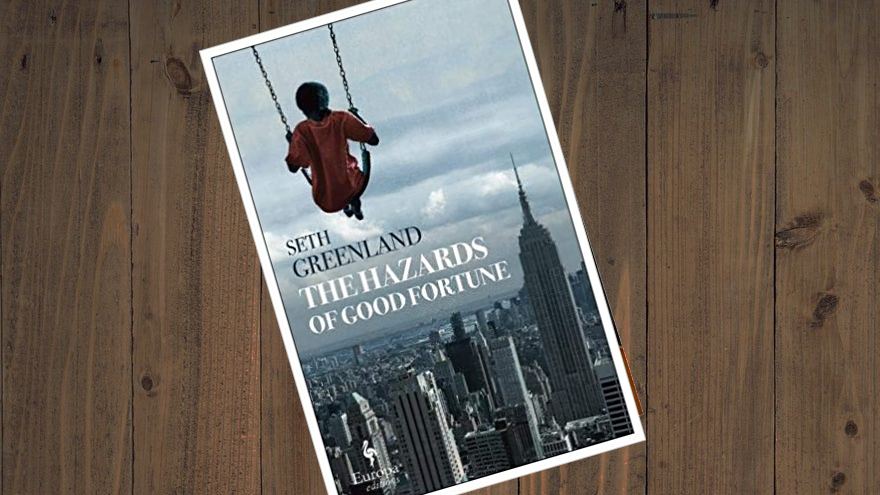Whoever said money can’t buy you happiness would have received resounding agreement from Jay Gladstone, the fictional philanthropist, real estate developer, and professional basketball team owner who is the protagonist of this novel. This was a man with more tsuris than you could imagine, notwithstanding his multiple homes, private clubs, and the awed respect with which the billionaire at one time was greeted.
The aging star basketball player on his team is demanding the maximum salary admissible under NBA rules, even though his showboating sometimes results in his team’s defeat. The high rise building that Gladstone proposes to build across the river from Manhattan would be a beauty to behold, but antagonistic members of the community are protesting it, vilifying him in the process. His second wife, with whom relations had grown colder, wants to cancel a pre-nup agreement that they will not have any children. His daughter by his first marriage not only shows contempt for everything that Gladstone represents, but has taken up with a group of left-wing revolutionaries who embrace the Palestinian cause. And the cousin who has been jealous of Gladstone since childhood apparently has been embezzling millions of dollars from their company.
Oy.
As this book continues, we learn that although Gladstone has always considered himself a liberal, ever ready to contribute to good causes, he is assailed by doubts when it comes to his relations with those African-Americans with whom he comes into meaningful contact. Driven to examine and reexamine his motives, perhaps to excess, Gladstone wonders whether his actions ever are influenced by anything other than sound business logic. Gladstone doesn’t think they are, but then again, could he possibly have a hidden wellspring of prejudice? And what about his daughter’s black girlfriend? Does he resent the girlfriend because she had the temerity to condemn Jews and Israel – while a guest at his family’s seder, yet — or could there be racism under his surface? Gladstone is his own toughest cross-examiner.
In what begins as a parallel story, Christine Lupo, the district attorney of Westchester County, is presented with a case of a policeman who, confronted by a manic, naked black man, who kept advancing on him, despite orders to stop, in desperation shoots the man. The Policemen’s Union makes it very clear how angry the forces of law enforcement would be if she prosecutes the officer, but on the other hand, if she fails to prosecute him, she can kiss goodbye any hope for African-American support. Not a very pleasant prospect for a politician hoping to become the next governor of New York.
And then suddenly, in moments of impure passion, all these stories become conflated, with public opinion turning against the “racist” Gladstone. As the veneer of deference to Gladstone is stripped away, he finds his once comfortable world spinning out of control, at a time when the personal stakes could not be higher.
This novel by Seth Greenland becomes increasingly engrossing, so much so that even though the final page count reaches 614, most readers would keep reading onward.
Republished from San Diego Jewish World


























